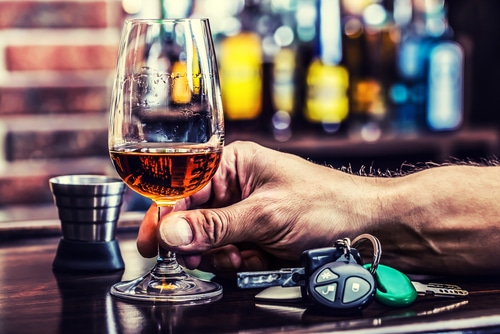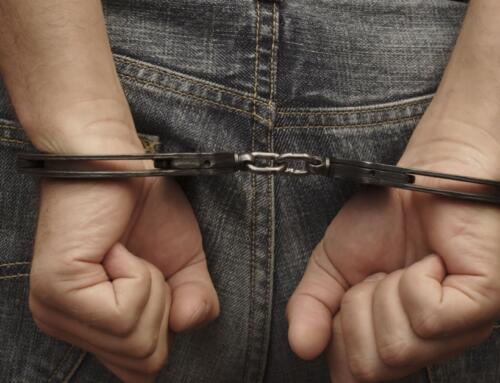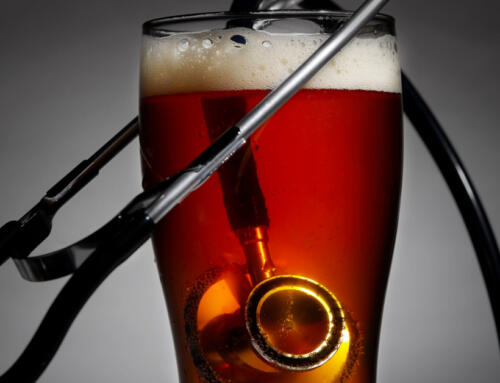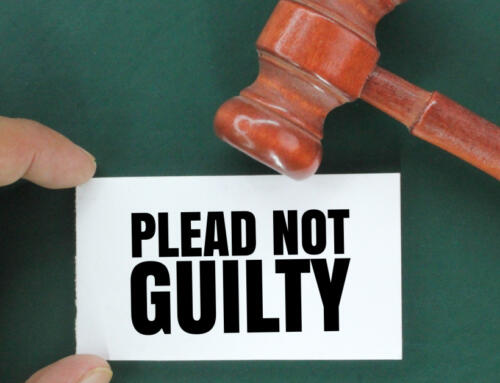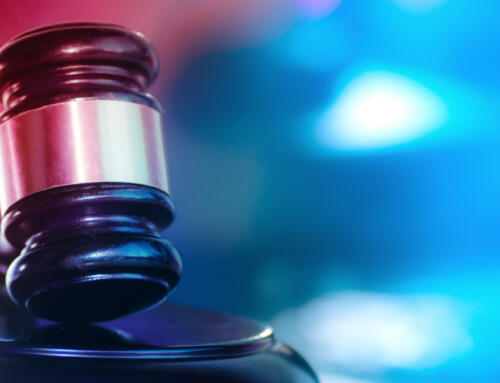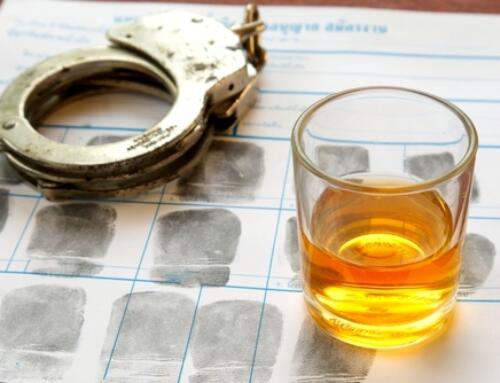If you are facing a DUI in Philadelphia and it doesn’t look like you will be able to successfully fight your charge in court, one option you may have is to negotiate a plea bargain. By negotiating a plea bargain, you can get your DUI charge reduced, and this can significantly mitigate the consequences of your arrest.
But, before seeking a plea bargain, it is critical to make sure this is your best option. When you accept a plea bargain, you are pleading guilty to a lesser offense (as discussed below, this is typically a “wet reckless” in a DUI case). So, even though you won’t face the consequences of a DUI conviction, you will still face consequences. If you have DUI defenses available, you should assert them, as you don’t want to face these consequences unnecessarily.
Getting Your Charge Reduced to a “Wet Reckless” in Philadelphia
Philadelphia prosecutors will negotiate plea bargains in appropriate cases. Plea bargains can benefit prosecutors as well, and leveraging these benefits to your advantage can help you secure a favorable plea if prosecutors are open to resolving your case without going to trial.
In most cases, negotiating a plea bargain in a DUI case involves pleading to a reduced charge of “wet reckless.” Technically, there is no “wet reckless” statute in Pennsylvania, but this term is commonly used to describe a reckless driving charge that involves alcohol. Reckless driving carries lesser penalties than DUI, and having a reckless driving conviction will impact your life in far fewer ways than getting convicted of DUI. Additionally, if you get arrested for DUI again in the future, you will still be prosecuted as a first-time offender since you won’t have a DUI conviction on your criminal record.
Factors Prosecutors Consider When Negotiating “Wet Reckless” Plea Deals
Negotiating a plea bargain for a reduced charge in a DUI case is a two-way street. Not only do you need to be willing to accept a deal, but prosecutors need to be open to negotiating as well. Philadelphia prosecutors typically consider several factors when deciding whether to accept a plea bargain for a “wet reckless” (or reckless driving) charge in a DUI case. Some examples of these factors include:
- Your blood alcohol concentration (BAC)
- Whether this is your first DUI arrest
- Whether (and to what extent) you have a history of traffic offenses
- Whether your case involves an accident, minor passenger, fleeing the scene, or other aggravating factors
- The likelihood that prosecutors will be able to prove your guilt beyond a reasonable doubt
While most of these factors may be out of your control, you (or your DUI defense attorney) can have a significant influence on prosecutors’ assessment of the final factor. If prosecutors think they have a strong case, you (or your attorney) may be able to convince them otherwise by raising issues with your traffic stop, arrest, or BAC reading. The less confident prosecutors are in their ability to secure a DUI conviction at trial, the more willing they will be to negotiate a plea bargain for a reduced charge.
Should You Plead Guilty to a “Wet Reckless” in Your DUI Case?
With all of this in mind, should you seek to get your DUI charge reduced to a “wet reckless”? To make your decision, you will need to know the answer to questions such as:
1. Can You Challenge Your Blood Alcohol Concentration (BAC) Reading?
While a high BAC reading can serve as strong evidence of guilt (if your BAC is over the legal limit, this is all prosecutors need to secure a conviction), there are also several ways to challenge BAC readings under Pennsylvania law. If you blew above the legal limit but your BAC reading is unreliable—and therefore inadmissible in court—you may not need to plead to a lesser offense.
2. Can You Challenge Your Field Sobriety Test (FST) Results?
Field sobriety test (FST) results are notoriously unreliable. While this doesn’t stop prosecutors from using DUI suspects’ FST results against them, it is possible to challenge suspects’ FST “failures” in many cases. If prosecutors need to rely on your FST results to secure a DUI conviction, then challenging these results could be your best option.
3. Do Prosecutors Have Other Evidence Against You?
Along with BAC and FST results, prosecutors can use a variety of other types of evidence to secure DUI convictions at trial. When deciding whether to fight your DUI or seek a reduced charge, it is imperative that you are aware of all of the evidence the government has against you.
4. Did the Police Violate Your Fourth Amendment Rights?
If the police stopped you illegally or arrested you without probable cause, then all of the government’s evidence against you could be inadmissible in court. Without admissible evidence, prosecutors won’t have a case to pursue—and you might not need to accept any consequences at all.
5. Are You Likely to Get Convicted of DUI If You Go To Trial?
Considering all of the circumstances presented and all of the evidence that is on the table, how likely are you to get convicted at trial? The lower your risk of conviction, the less it makes sense to plead guilty to a lesser offense.
Keep in mind that it only takes one issue to entitle you to a “not guilty” verdict at trial. Prosecutors have the burden of proof, and if you (or your attorney) can raise any issue that creates a reasonable doubt as to your guilt, you are entitled to walk free. So, while seeking a reduced charge can be the best option in some cases, in others, it will make sense to fight. You need to make an informed decision, and this means that you need to discuss your case with an experienced Philadelphia DUI defense attorney.
Discuss Your Case with Former Philadelphia Prosecutor Brian Fishman
Brian Fishman is an experienced Philadelphia DUI attorney and former Philadelphia prosecutor. If you have questions about seeking a reduced charge in your DUI case, he can help you make the right decision. To speak with Brian about your case in confidence, call 267-758-2228 or request an appointment online now.

